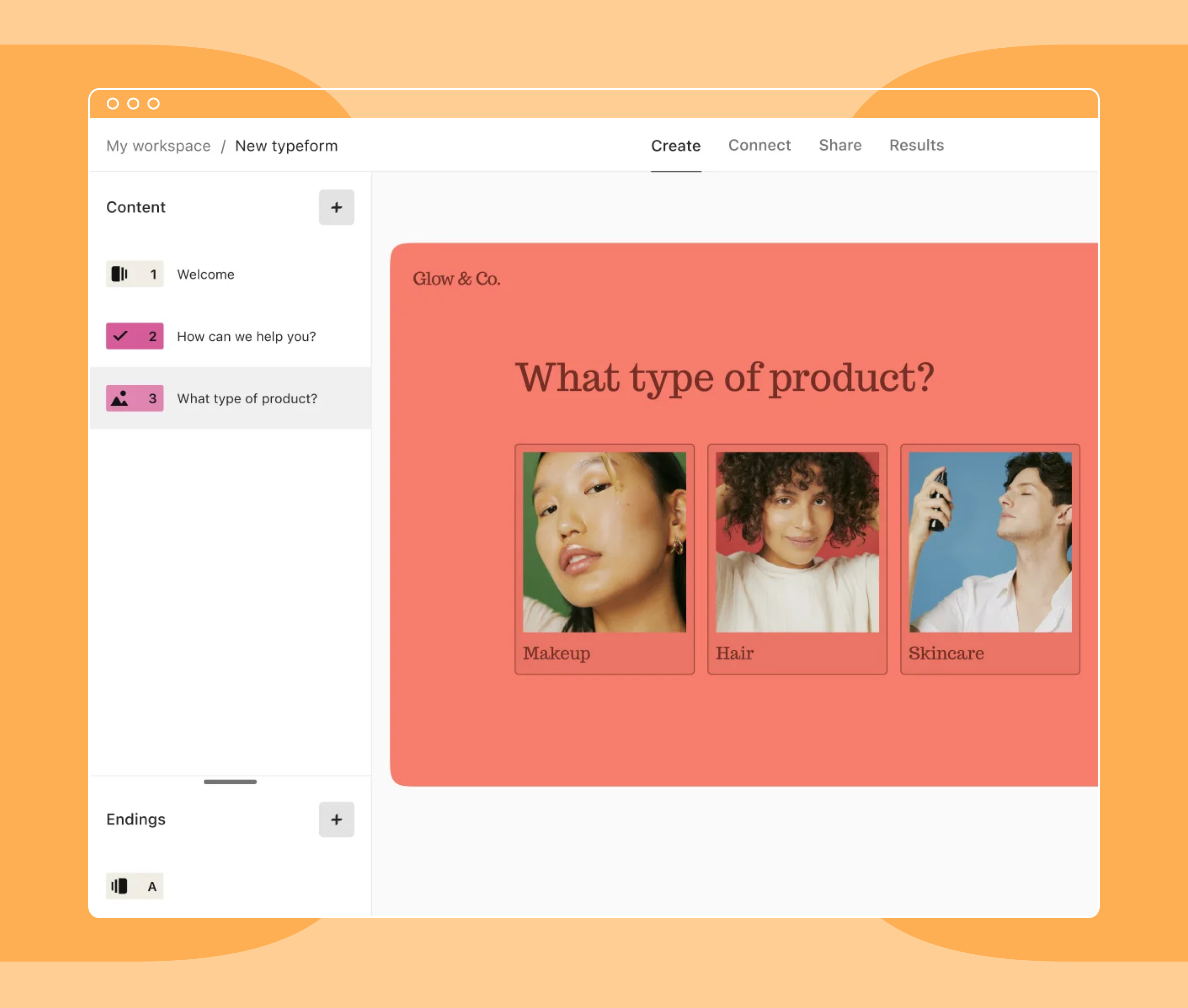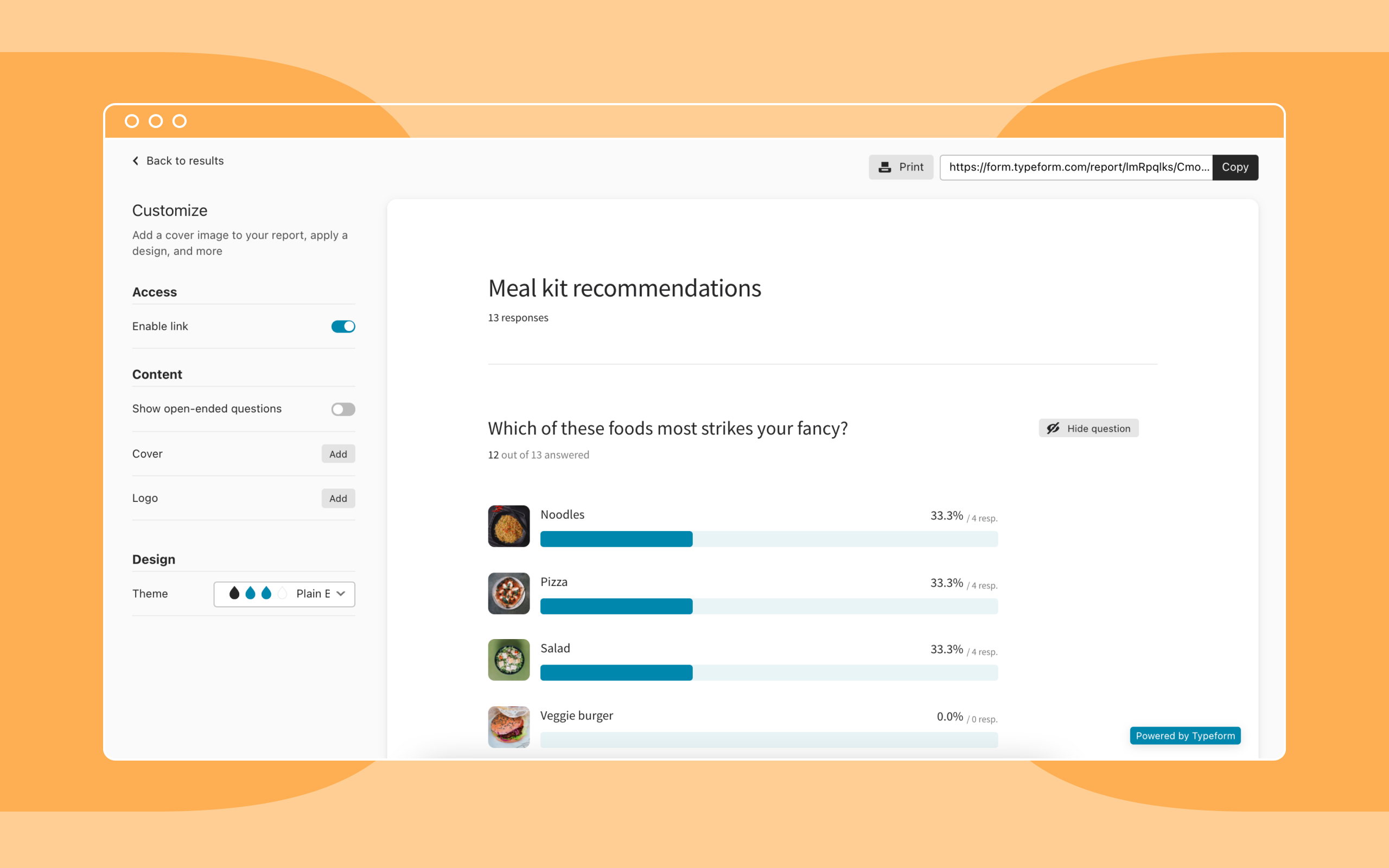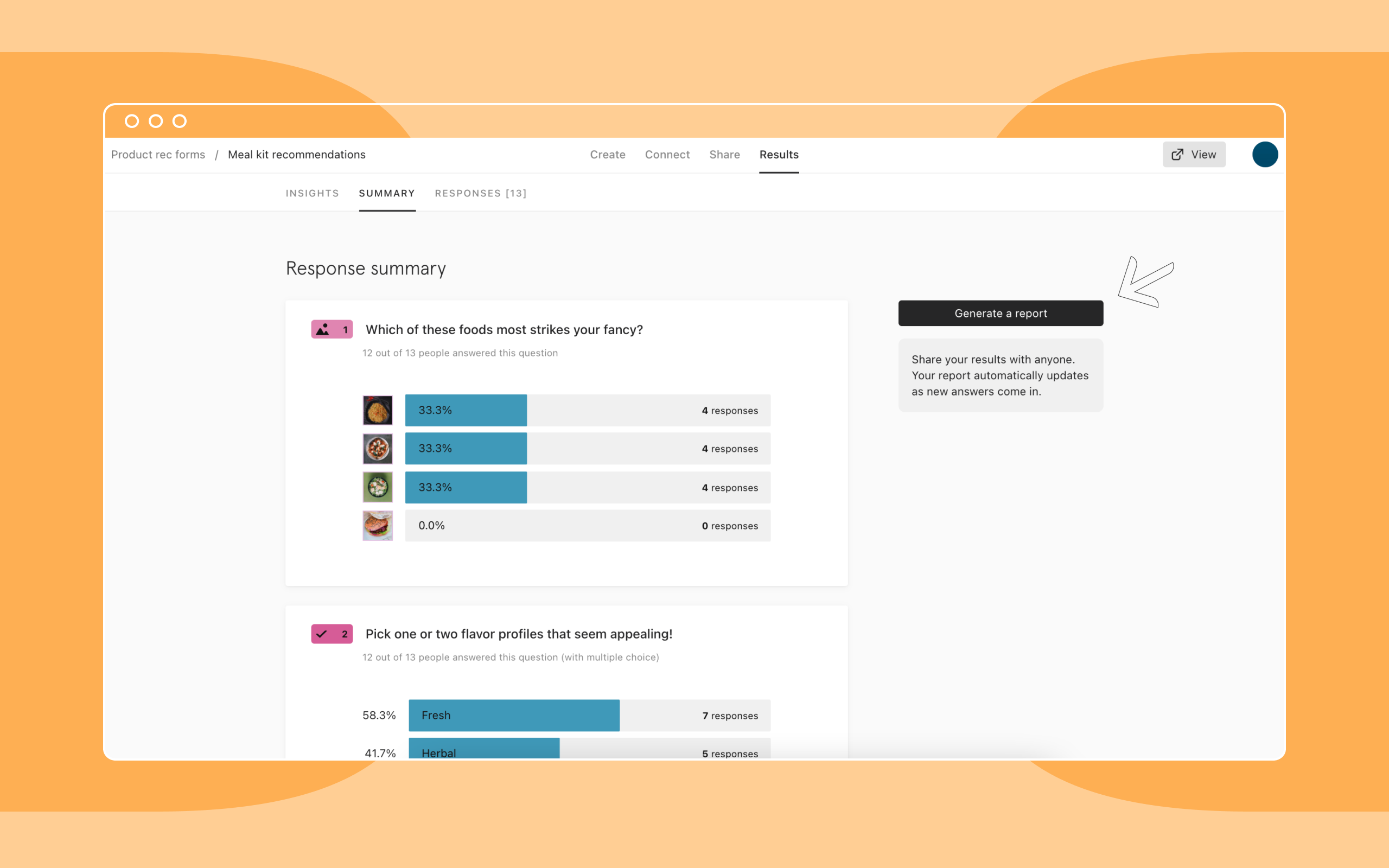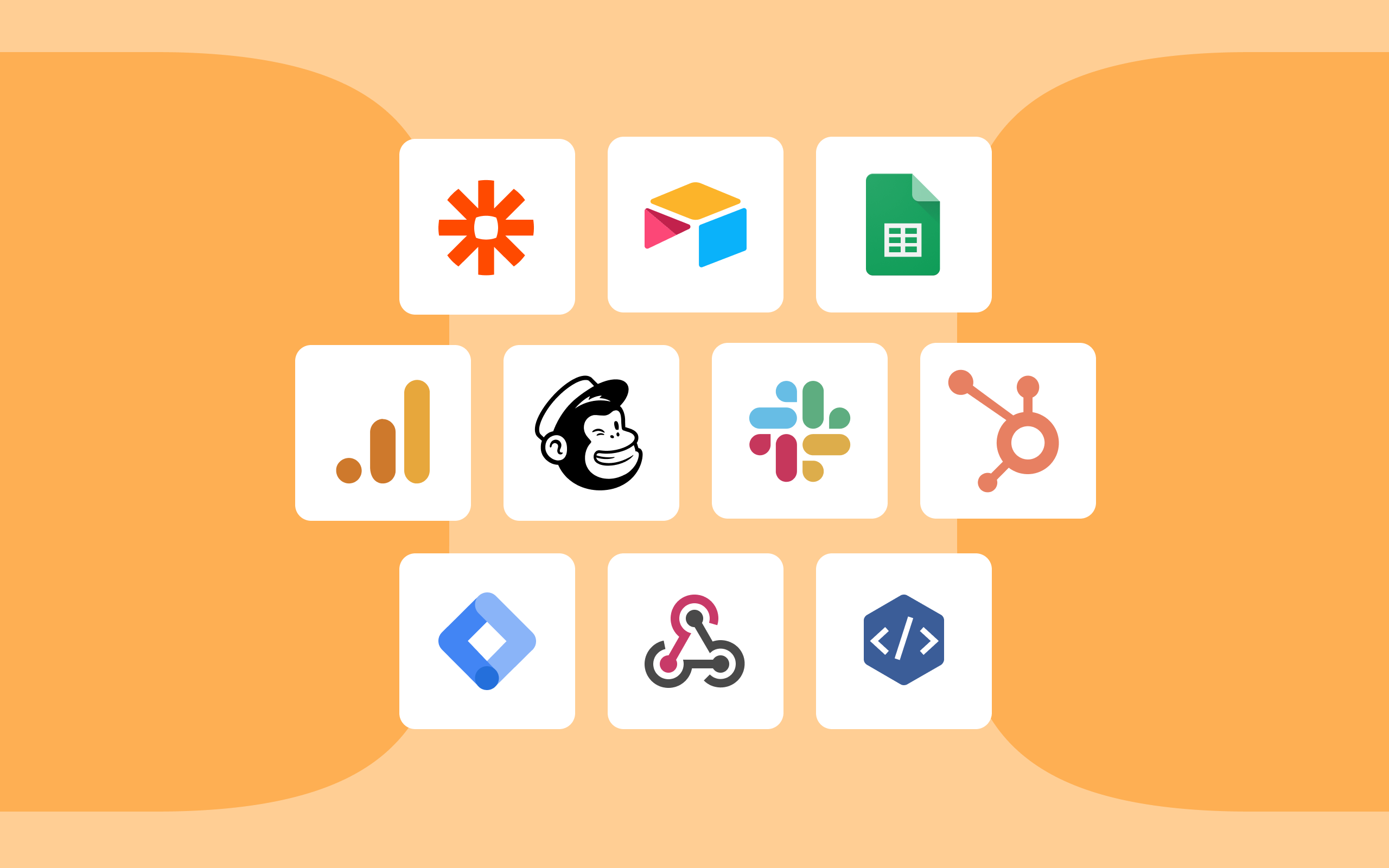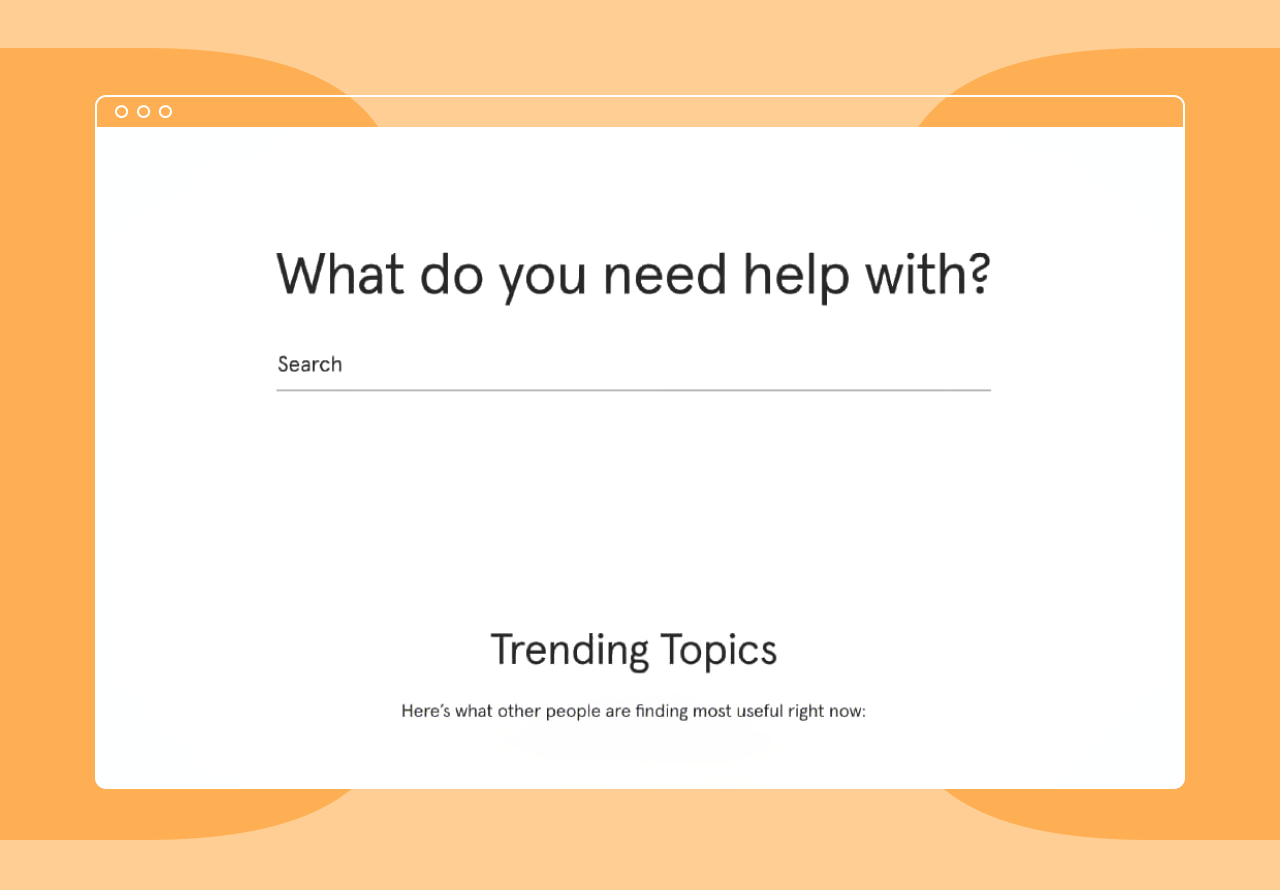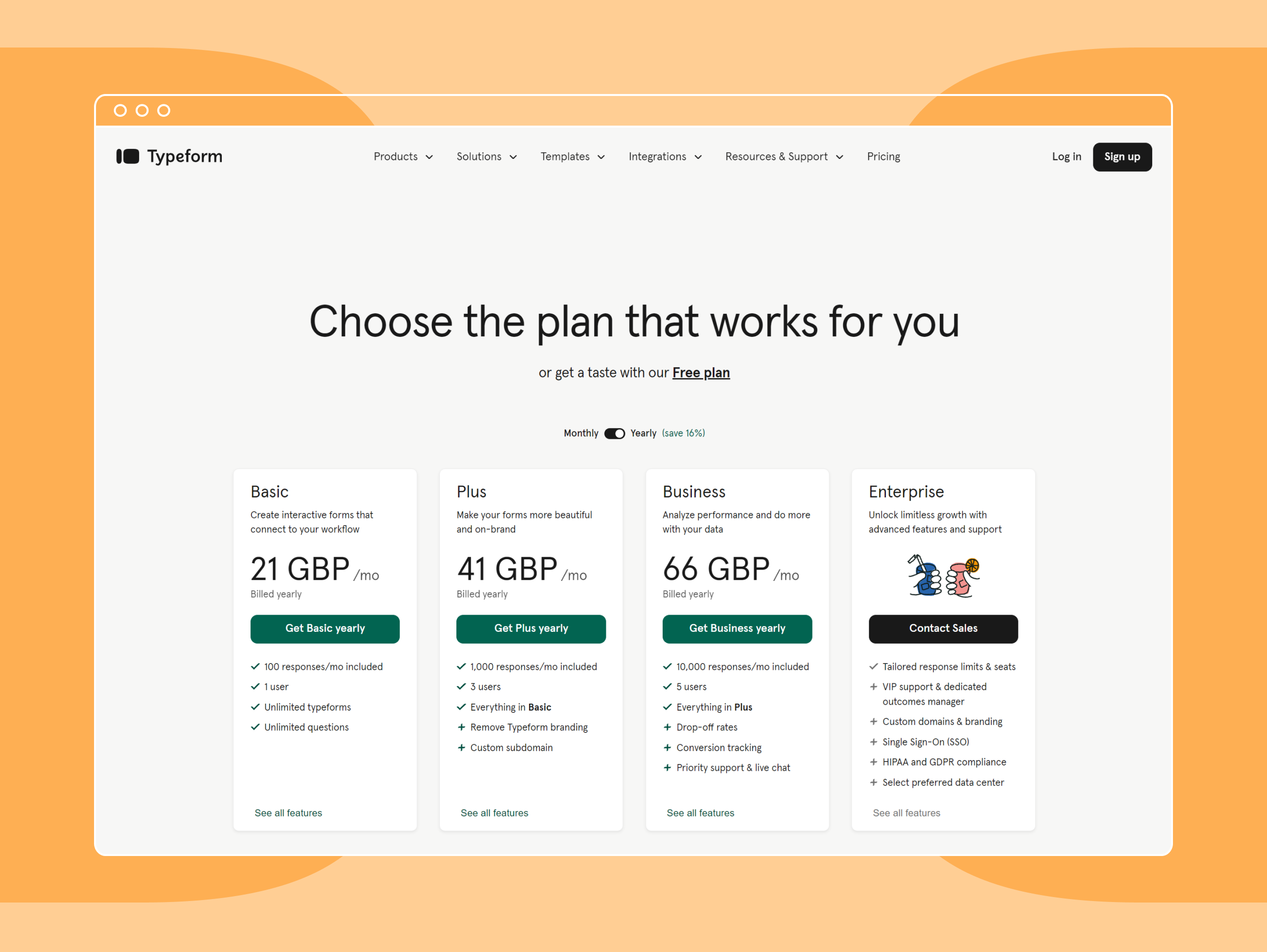Product
Typeform vs. Paperform: Which is better? [2024]
Typeform is a Paperform alternative that helps you create more beautiful, powerful, and engaging forms. Learn more about Typeform vs. Paperform to help you choose the right form builder.

Creating forms goes beyond the questions you include––design, reporting, and integrations are equally important. To get the most out of your forms, you’ll need to choose your form builder wisely.
While Typeform and Paperform may seem similar on the surface, the two platforms offer different things for different use cases. In our Typeform vs. Paperform comparison, we’ll explore design, data analysis, key features, integrations, and more to aid your decision.
Typeform vs. Paperform comparison
When it comes to Typeform vs. Paperform, both platforms empower you to craft surveys and gather valuable respondent data, whether it’s for market research or customer feedback. However, beneath their seemingly similar functionalities lie key differences that could impact your user experience and final product.
The battleground extends beyond aesthetics. Typeform equips you with features that allow you to delve deeper into survey data and truly understand the insights it holds. Its interface fosters easy customization, allowing you to tailor layouts and design forms that perfectly reflect your brand identity.
While offering similar functionalities, Paperform might have limitations in data analysis, embedding capabilities, and different integration options compared to Typeform.
Not sure whether to use Typeform or Paperform for your form building needs? We’ll cover more below to help you make your decision.
Sleek and professional forms
It’s one thing to create a survey; it’s another to captivate an audience. You’ll need to choose a form builder people want to engage with to maximize response rates. It’s a no-brainer: Users are more likely to interact with visually appealing and user-friendly forms.
Typeform’s intuitive interface makes building forms a breeze—even for non-designers! With Typeform, you go beyond static forms and enter a new dimension of creating interactive, inviting, and immersive experiences. In addition to over 3,000 customizable templates, choose from our icon, video, and image library via Unsplash to enhance your forms.
Are you a creative genius? Build your own captivating forms with custom backgrounds and CSS features. Capitalize on brand consistency with premium layout options, include brand kits, and elevate your forms with custom fonts.
Paperform has similar design capabilities with custom layouts, backgrounds, and fonts but hasn' t mastered the art of making forms like Typeform. While you can integrate image and design apps, you don’t have direct access to icons from Noun Project, photos from Unsplash, or videos from Pexels.
User-friendly features
Both Typeform and Paperform offer standard form building, editing, and customizations. Here’s a closer look at Typeform vs. Paperform in terms of features.
When it comes to efficiency and creating a seamless user experience, Typeform takes the lead. Typeform prioritizes core functionalities that guarantee smooth sailing, including custom subdomains and data synchronization across other forms.
Forget one-size-fits-all form and survey builders—Typeform lets you personalize the experience for each user. With conditional logic, questions adapt based on previous answers. Typeform helps you execute conversations naturally—users only see relevant questions to make the process more engaging.
Unlike Paperform, Typeform lets you seamlessly embed forms directly within emails. This eliminates the need for users to click through to a separate page, keeping them engaged and increasing your response rates.
Typeform is also PCI, HIPAA, GDPR, and WCAG 2.1 compliant, ensuring the security of sensitive data.
While Paperform offers similar features, it isn’t HIPAA or WCAG 2.1 compliant. You also can’t embed forms in email, an important feature that could decrease your audience reach.
Impactful data analysis capabilities
When it comes to building forms, collecting data is half the battle. Typeform empowers you to not just collect but understand the data, which is crucial to making informed decisions. With campaign and UTM tracking, you can see exactly where respondents are. Real-time drop-off tracking lets you identify pain points as responses roll in, allowing for on-the-fly optimization.
Typeform’s conversational design with one question at a time keeps users engaged. And with conditional logic, you can personalize each user experience. It' s no wonder 96% of customers agree that Typeform improves their brand experience.*
Paperform’s data analysis capabilities are similar but lack question-by-question drop-off analysis. Both Typeform and Paperform use API, webhooks, and tracking to keep track of metrics.
Synchronized integrations
When deciding between Typeform vs. Paperform, you’ll want to ensure you choose the option that synchronizes with your existing workflow. Typeform offers over 120 integrations that connect with your existing accounts to Google Sheets, Mailchimp, HubSpot, and even Dropbox.
While Paperform has similar integrations, it’s missing popular integrations, including:
- Adobe Sign
- Canva
- Google Tag Manager
- Figma
- Make
With our vast library of integrations, you can streamline your data collection process—in fact, 92% of users agree that Typeform makes form building easier.*
Convenient support
If a question arises, Typeform is here to help. Our extensive help center prioritizes user education with clear and encouraging resources that empower users to create visually stunning forms. With paid plans, you’ll receive around-the-clock support from our live team. You can also enlist support from our community forum, where you can ask questions, discuss problems, answer other questions, and connect with other Typeform users.
Paperform also has a help center with articles and a support team you can reach via chatbot or email.
Scalable and functional pricing plans
Here’s the lowdown on pricing and plans between Typeform vs. Paperform: Typeform offers a free plan with basic features to test the waters. Paperform doesn’t offer a free plan, but it does offer a free trial.
Once you’re ready to level up, Typeform offers multi-tier pricing plans designed to work for your needs. Paperform offers similar pricing options and plans. While Paperform’s pricing is roughly the same, its business plan is more expensive per month.
Typeform: A frictionless Paperform alternative
Creating forms and surveys shouldn’t feel like pulling teeth––there’s no need for frustration or exhaustion. What if form building could be fun, engaging, and visually appealing? That’s the Typeform difference.
When deciding between Typeform vs. Paperform, choose the option that focuses on user-friendliness, extensive design features, and undeniable support. Maximize survey response rates, gather more data, and create stunning forms with Typeform. Get started with Typeform today.
*This data comes from internal Typeform users polled.
